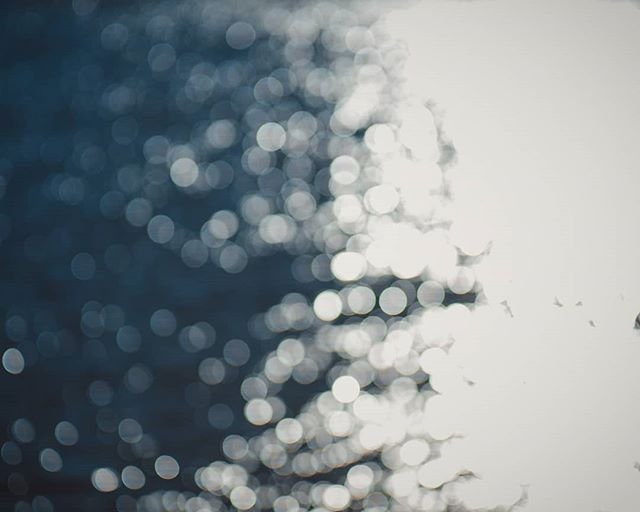1.
After years of writing alone, I’m reminded what a brave act it is to write with others. I’ve joined a writing group that meets weekly, writes quickly, shares eagerly. Every word is fresh from the pen, each of us offering ourselves on the page, like a date, a gift.
A voice shakes, a hand trembles. Huddled together in hope, we lean in, eyes open to the words, to the room’s reverent hush.
When done, the reader will often fix eyes on the page in a pause before praise arrives. A smile of gratitude appears, a bit of disbelief, a rush of relief.
Later, I won’t remember the poem or even a passage. It's the cracked voice I know, the tremor, the space between the last word and the first ahhhh.
Almost always, the act of gathering together is a victory. Each of us trusting the vulnerability that expression creates.
2.
The man is ill, weak and worn with life.
He’s just out of the hospital and wants to go back. That’s where he felt good, he says. Not here, in his small dark apartment where he lacks strength to leave the couch. Not here, where a volunteer delivers a meal that will help keep him alive.
Some days I pray, he says, stopping himself. Some days I pray to God. I pray to God that . . .
He looks away, letting the unsaid words hang in the air.
It’s heartbreaking — no, heartstretching — to have nothing to offer but a wan reach for conversation that tries to convey that I recognize his plea for relief.
I won’t offer empty encouragement, advice, or false cheer. We chat instead about the meal, the weather.
Some days it’s hard, I finally say. Hard to find the small reason to keep going. But I’m glad you’re here.
He nods. I nod, too.
3.
Though darkness gathers, praise our crazy fallen world; it's all we have, and it's never enough, writes Barbara Crooker in one of my favorite poems.
4.
In my work as a writer for local magazines, my favorite part is the interview. You’ve heard everybody has a story, and it’s true. My stories feature ordinary people — your neighbor, family or friend — who are farmers, ranchers, bakers, candlestick makers . . .
I spend a lot of time on research and interviews. To deepen the story, I’ll interview the subject’s neighbors, customers or clients. To get to those people, I wrap up the first interview with a simple question: Who will sing your praises?
Most people hesitate. Ummm . . . they’ll say, squirming as they imagine their friends, family or colleagues forced into offering false praise.
But that’s not how it goes. People want to sing praises! They are eager to share opinions. They’ll prattle on, happy to raise up the good people in their lives.
Seeing this positive response so many times, I believe it’s time to extend the praise beyond a journalist’s request and into our daily lives.
The challenge is that we don’t know how to give spontaneous praise. Most of us welcome the opportunity to applaud another, but we lack the push that will drive us from thought to expression. Spontaneous praise can sometimes feel forced, cheesy, or suspect (as in, why are they being so nice? what do they want from me?).
Maybe we all need someone who can inquire on our behalf:
Hi, I’m gathering information on Jane Smith. Will you please tell me what you love about her?
Or, maybe the first step starts with offering your own unsolicited praise of another. Without prompting, tell someone in your life what you appreciate about them. What makes you smile. How they brighten your life.
Write a letter. Send a text. Make a phone call. Get specific. Go wild!
In the practice of praise, all parties benefit. The praise-giver feels bolstered to share an opinion of appreciation, and the one accepting praise feels valued and seen. Go on, sing your praises today!
Sing your praises
Not the natter of mourning dove
or the bluejay's barbed call
not the frenetic beat of wings
or the honking of geese
When asked to sing your praises
there is a sweet sigh
like a space before a violin swells
a gathering of gratitudes
Silence, too, is a sound
full and satisfied
But oh! to hear the choir —
aligned in song
each note holy as
a hush, tuned
to a deeper hum
— Drew Myron
* * *
The world turns on words, please read & write.
If you like this blog, please subscribe here
to get each post delivered to your email.
































